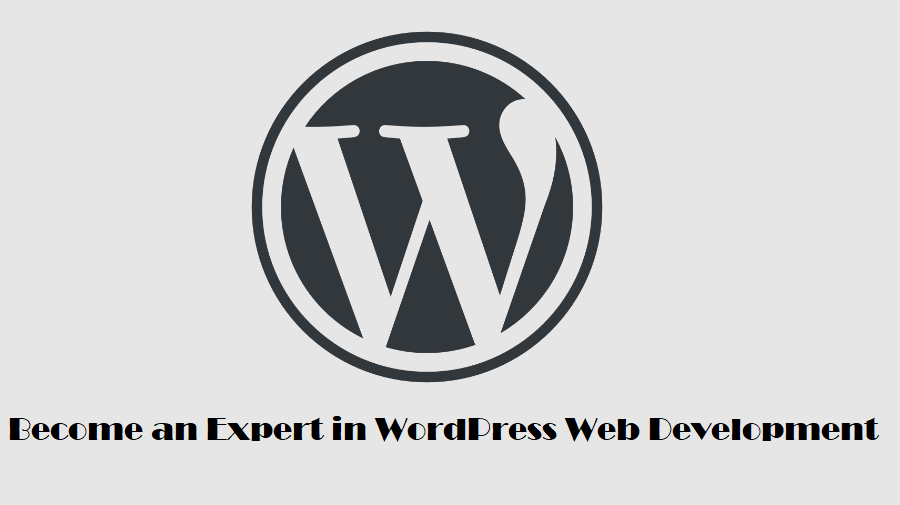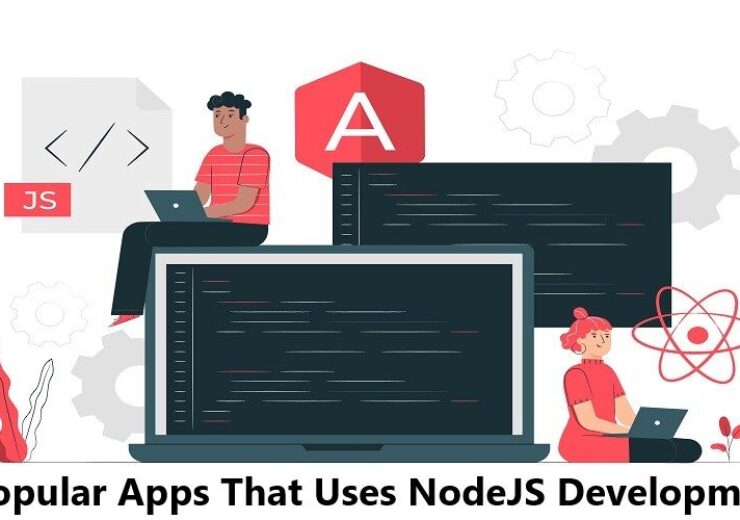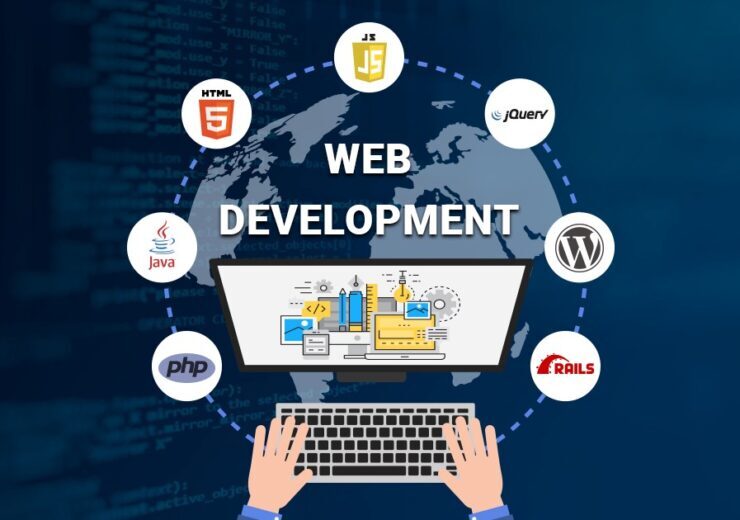Become an Expert in WordPress Web Development: A Comprehensive Guide

Introduction
WordPress has become the go-to platform for website development due to its user-friendly interface and powerful features. Whether you’re a beginner or an experienced developer, mastering WordPress web development can open up countless opportunities. In this comprehensive guide, we will walk you through the essential steps to become an expert in WordPress web development.
Guidance and Skills You Need To Know
———————————–
From learning the basics to advanced techniques, this blog will equip you with the knowledge and skills needed to create dynamic, responsive, and secure websites using WordPress.
1. Understanding WordPress
To become an expert in WordPress web development, it’s crucial to have a solid understanding of the platform. Start by familiarizing yourself with WordPress’s architecture, including themes, plugins, and core functionalities. Learn about the WordPress template hierarchy, database structure, and how WordPress processes user requests. Explore the dashboard, customize settings, and understand how to manage content effectively. By gaining a thorough understanding of WordPress’s foundation, you’ll be able to leverage its capabilities to build robust websites.
2. Mastering WordPress Themes
WordPress themes play a pivotal role in web development, design, and functionality. Start by exploring the default themes and their structure. Then, dive into the world of theme development by creating your custom themes. Learn about the template files, template tags, and the WordPress Loop. Understand how to use CSS and JavaScript to customize themes and create visually appealing designs. Additionally, familiarize yourself with responsive design principles to ensure your websites look great on all devices.
3. Extending Functionality with Plugins
WordPress plugins offer endless possibilities for extending the functionality of your websites. Learn how to find and evaluate plugins from the WordPress repository. Master the process of installing, activating, and configuring plugins to add features such as contact forms, e-commerce functionality, SEO optimization, and more. Additionally, delve into plugin development and learn how to create your custom plugins to meet specific client requirements. Understanding how to leverage plugins effectively will significantly enhance your WordPress development skills.
4. Advanced Techniques
To truly become an expert in WordPress web development, you need to explore advanced techniques. Dive into topics like custom post types, taxonomies, and custom fields to create dynamic and flexible content structures. Learn how to utilize WordPress APIs and hooks to extend functionality and integrate external services. Discover techniques for optimizing website performance, securing WordPress installations, and implementing best practices for search engine optimization. Additionally, explore how to create multilingual websites, implement caching mechanisms, and leverage version control systems for efficient development workflows.
5. Optimizing for Performance
Optimizing website performance is crucial for delivering a smooth user experience. Dive into techniques for optimizing your WordPress websites to load quickly and efficiently. Explore methods such as caching, minification, and content delivery networks (CDNs) to reduce page load times. Learn how to optimize images by compressing them without compromising quality. Understand the importance of code optimization, including minimizing HTTP requests and leveraging browser caching. By mastering performance optimization techniques, you can ensure that your WordPress websites are fast, responsive, and capable of handling high traffic volumes.
6. Security Best Practices
As a WordPress web developer, it’s essential to prioritize website security. Familiarize yourself with security best practices to protect your websites from potential threats and vulnerabilities. Implement measures such as strong passwords, two-factor authentication, and regular updates of WordPress core, themes, and plugins. Understand the importance of secure hosting environments and SSL certificates. Additionally, educate yourself on common security risks and how to mitigate them, such as SQL injection, cross-site scripting (XSS), and data breaches. By making security a top priority, you can build trustworthy and reliable WordPress websites for your clients.
7. Building a Professional Portfolio
To establish yourself as an expert in WordPress web development, it’s essential to build a professional portfolio that showcases your skills and expertise. Create a portfolio website where you can showcase your best WordPress projects. Highlight the features, functionality, and design elements you implemented in each project. Consider including testimonials from satisfied clients to build credibility. Additionally, contribute to the WordPress community by sharing your knowledge through blog posts, tutorials, or speaking engagements. Active participation in the community not only helps you establish yourself as an expert but also allows you to learn from others and stay updated with the latest WordPress trends and techniques.
8. Continual Learning and Growth
The field of WordPress web development is constantly evolving, with new features, technologies, and trends emerging regularly. To remain an expert, commit yourself to continual learning and growth. Stay updated with the latest WordPress news, releases, and best practices. Explore online resources, attend webinars, and consider enrolling in advanced WordPress courses or certifications. Experiment with new tools, frameworks, and methodologies to expand your skill set. Additionally, collaborate with other developers, join online communities, and participate in forums to exchange ideas and stay inspired. By embracing a mindset of continual learning and growth, you’ll stay at the forefront of WordPress web development and maintain your expertise in this dynamic field.
9. Mobile Responsiveness and User Experience
In today’s mobile-driven world, ensuring that your WordPress websites are mobile-responsive is vital. Learn how to design and develop websites that adapt seamlessly to different screen sizes and devices. Explore responsive design frameworks and techniques, such as media queries and flexible grids, to create fluid and visually appealing layouts. Test your websites on various mobile devices to ensure a consistent user experience. Consider optimizing touch interactions, navigation menus, and font sizes for mobile users. By prioritizing mobile responsiveness, you’ll enhance user experience and reach a wider audience, as mobile usage continues to rise.
10. Accessibility Considerations
Familiarize yourself with accessibility guidelines and best practices to ensure that your WordPress websites are inclusive and accessible to all users, including those with disabilities. Learn about semantic HTML structure, alternative text for images, and proper use of headings and landmarks. Implement color contrast ratios and keyboard navigation support. Additionally, test your websites using assistive technologies, such as screen readers, to identify and address accessibility issues. By prioritizing accessibility, you’ll create websites that can be accessed and enjoyed by everyone, regardless of their abilities.
11. SEO Optimization
Understanding search engine optimization (SEO) techniques is essential for improving the visibility and ranking of your WordPress websites in search engine results. Learn about keyword research, on-page optimization, and metadata optimization. Understand the importance of high-quality and relevant content creation and how to structure your websites for SEO. Explore techniques for building high-quality backlinks and improving website loading speed, as these are crucial factors for search engine rankings. Additionally, consider implementing SEO plugins that provide guidance and features to optimize your websites effectively. By mastering SEO optimization, you’ll drive more organic traffic to your WordPress website development and improve its overall performance.
12. Troubleshooting and Debugging
Even the most experienced developers encounter issues and bugs during the development process. Learning effective troubleshooting and debugging techniques will help you overcome these challenges efficiently. Familiarize yourself with debugging tools and techniques specific to WordPress, such as the WordPress Debugging feature, error logs, and browser developer tools. Understand how to isolate issues, identify conflicts between plugins or themes, and fix common errors. Additionally, explore resources such as online forums, developer communities, and WordPress support to seek assistance when encountering complex issues. By honing your troubleshooting skills, you’ll be able to overcome obstacles swiftly and deliver high-quality WordPress web development to your clients.
Conclusion
By incorporating these additional aspects into your journey of becoming an expert in WordPress web development, you’ll have a well-rounded skill set that covers not only the technical aspects but also the considerations of mobile responsiveness, accessibility, SEO optimization, troubleshooting, and debugging. Remember that expertise in WordPress is an ongoing process, and staying updated with the latest technologies, trends, and best practices is key. With dedication, continuous learning, and practical experience, you’ll be equipped to create exceptional WordPress websites that meet the needs of clients and provide an excellent user experience.




